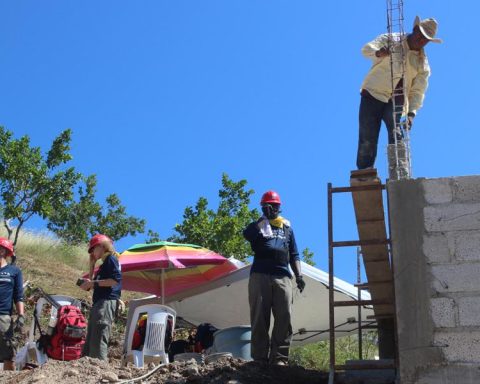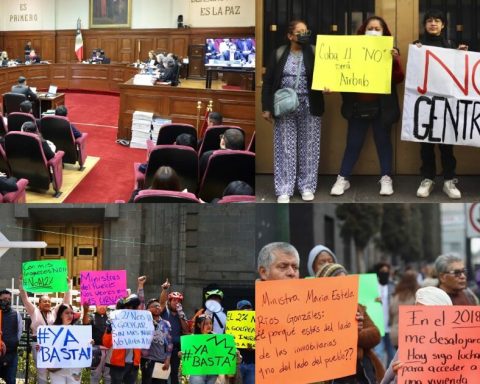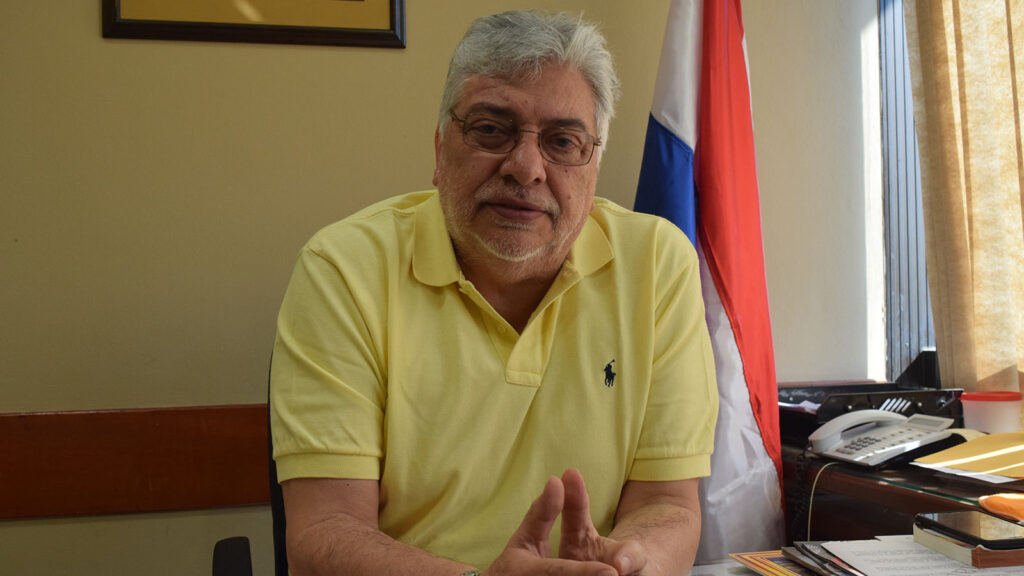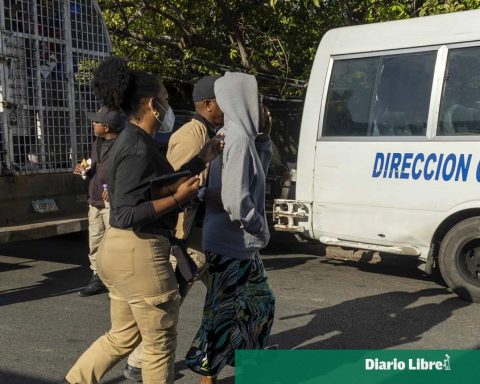In the local stock market, it is more likely to see a company lose almost all its value than the arrival of a new issuer. That is what has been observed with five consecutive years without IPOs (initial public offerings) and several experiences of losses among listed companies.
Aeromexico, Royal Credit and more recently Unifin These are some of the names that just mentioned can generate stress and justified anger to investors. These are different cases in their gestation, but similar in the result: an advertisement, a restructuring and big disappointment.
1.Unifin
The most recent case is, of course, that of Unifin. The non-bank financial institution had three consecutive crashes in the Mexican stock market, the second was the highest (of 88.8%) and it was registered after an announcement: the company decided to suspend the payment of interest and also the principal of its debt.
Yet what is perhaps the biggest stock slump in the Mexican stock exchange (BMV) since its foundation in 1894 was not discussed like the one that happened a day before. On Monday, August 8, Unifin shares fell more than 14%, without knowing the suspension announcement.
There was no shortage of accusations from the retail investment community about the use of privileged information to anticipate the fall. The unbelievers rejected that it was just price action, showing a significant distrust in the movement of the action.
“It is difficult for us to talk about privileged information. We can attribute the sharp fall to the fact that an announcement was going to be given and some investor preferred to leave. But these accusations speak of the mistrust that exists in the stock market”, said Juan Carlos Minero, director of investments at BWC.
At its best moment of the year, in January, the action of Unifin It was sold at 38.12 pesos, and that means that, at its worst on Wednesday, at 83 cents, it had a loss of 97.82 percent. On Thursday the action rebounded, but analysts predict difficulties and volatility.
This inconclusive case is similar to the one that occurred a few months ago with Crédito Real, a company in the same sector whose non-payment was the prelude to what was observed in Unifin, agreed experts consulted by The Economist. Excessive leverage impacted your business in the crisis.
2. Royal Credit
Credito Real saw its share reduced to less than 50 cents from 8.39 pesos at its highest for the year in early January, after defaulting on a European bond. The shares of this company entered a distressing period of volatility that left its investors trapped.
While this was happening, the company was very calm, changing directors and responding confidently that a classic declaration of bankruptcy was only one option among many others. Affected retailers banded together to apply pressure and salvage some of their money.
In mid-July, Crédito Real informed by the BMV, in a relevant event, that the court ordered its dissolution, reason for which it had to proceed with the liquidation. This led her to File for Chapter 15 of the US Bankruptcy Lawprotecting your assets in that country.
“It seems that we are in a situation of confrontation: it is the company against its investors, but let’s not forget: the investors made the first move motivated by mistrust and ignorance,” said Édgar Arenas, author of the book investing and understanding.
3. Aeromexico
The other bankruptcy that is still fresh in the memory of Mexican investors is that of Aeroméxico, which, although it had a very different origin, ended in a similar way. The performance of his business was going down and the Covid-19 pandemic ended up giving him the boost he needed.
With three years of consecutive net losses (2017, 2018 and 2019) in 2020 he decided that he should take advantage of the Chapter 11 of the United States Bankruptcy Lawwith which he was able to pulverize his old titles, as was agreed in a meeting with the shareholders (majority shareholders of course).
After a two-year process, the former shareholders who had not done so were already able to get rid of their positions in an OPA (Public Offer of Acquisition), which were acquired for a price of 1 cent per share, a consolation that did little to alleviate discomfort. of those affected.
Aeroméxico issued new shares. There are 136 million 423,959 in circulation already at a price of 200 pesos (more than 27,284 million pesos in capitalization). In July, it announced its request for a takeover bid for 100% of its shares in search of listing on the New York Stock Exchange.
The way in which the restructuring of Aeroméxico was carried out: bankruptcy, liquidation, capital raising and now its intention to leave the local market hits investors, said Minero, who were the main affected in a constant process in the stock market.
a stagnant market
However, the real crisis in the local stock market goes beyond breakages and delistings, “situations that are widely seen in a crisis such as the one caused by the pandemic,” Arenas said. The real problem with the local market is that all this happens without new companies coming out to list, he added.
In Mexico, 0.2% of adults invest in the stock market, according to Inegi. According to the National Banking and Securities Commission (CNBV), 80% of the stock investment in Mexico is concentrated in the securities of the International Quotation System, the rest remains in the large local firms.
This causes the market to be low in shares of companies that do not make up the leading index S&P/BMV IPC, of 35 values against more than 140 in the market. It has also led to reduced supply with firms such as Lala, Bachoco, bio paper Y sanborns in the process of delisting.
“Twenty years ago the Mexican stock market had more than 170 listed companies. That figure decreased to just over 140 instead of growing, which tells us about a problem with important characteristics, a crisis of confidence both among investors and companies,” added Minero.
“Let us remember that in Mexico the business culture is still familiar. We are in a vicious circle in which investors only invest in the largest companies, driving other less capitalized companies out of the market to return power to the family, reducing local options for investors,” said Arenas.
The local stock market has a five-year drought without IPOs (Initial Public Offering), which will end with the arrival of Globcash, dedicated to the pledge business and which will go on the market through the Institutional Stock Exchange (Biva). This is expected to be finalized in September..
The company has postponed its departure, which was originally scheduled for March, motivated by an adverse context for the stock market and waiting for a better time. For Minero, it is unlikely that this company will leave the small cap list.
















